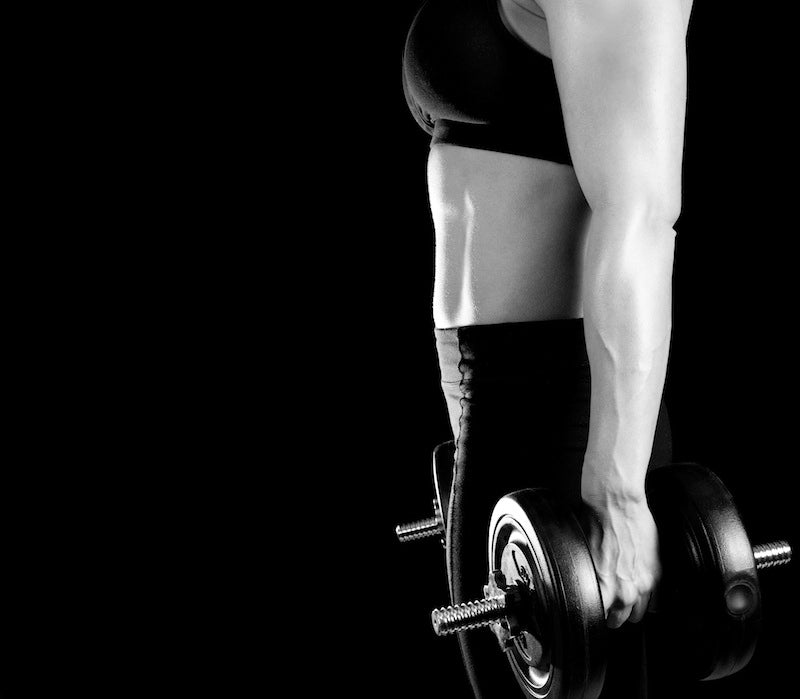
There's a lot of debate out there about the proper rep ranges needed to really get the most out of any workout. You may be wondering what sort of regimen would be best for achieving your own goals. Well, the answer to that isn't always a simple one. Mostly, it depends on whether you're looking to build up your muscle, or just strengthen what you already have. Here's a brief look into two different styles of workout, and how they work.
Body Sculpting (High Volume)
The best way to build body size is to put the most stress on your muscles, making high volume workouts the optimal choice. Typically high rep ranges are associated with 8 – 15 reps, or even more, but this isn't always precise. No matter how big they are, it's not like your muscles can count how many reps you're doing. The more important thing to take into consideration is the duration of the reps and amount of strength needed. For the best results, go for rep ranges that are 20 to 45 seconds long and require lighter weights, about 60 to 75% of your total strength.
The reason high volume regimens work best for building mass is because it puts the maximum amount of stress on the muscles used. They don't say no pain, no gain, for no reason. Increased stress means an increased reaction from the body to build and regrow the muscle tissue, causing the increase in size. Since the body tends to adapt over time to stress, it's a good idea to occasionally switch up the duration and intensity of your workout.
Strength Building (Low Volume)
For those out there that may want quality over quantity, you're going to want to go for short, high intensity exercises. Most trainers consider 5 – 8 rep ranges to be low, but just as mentioned before, the body only considers the stress it's put under. For a good strength building, high-intensity work out, go for one that requires all of your strength, but only puts it under stress for about 4 – 10 seconds, with a minute or two of rest in between each set. Keep in mind you aren't trying to break your muscles, so don't try any weights that you can't handle, especially if you're bench pressing.
While it's natural to assume that bigger muscles equals more strength, it isn't always the case. Even though bodybuilders tend to have a great deal of power behind them, they won't see the strength gains that low volume workouts will provide. This is because individual muscle fibers are being strengthened more than they otherwise would, and the lower mass means that there's less weight each fiber needs to move. Those looking to get lean, however, should pay more attention to their
meal management system; it's all about the diet when it comes to getting ripped.
Finding your right rep range is something that is specific to you and your fitness goals. What do you want to achieve? Do you want a hard, big bod or one that packs optimum strength? Consider your route to bodybuilding greatness as a large experiment that includes you trying out different rep numbers. Find out what pushes your body to it's peak, but don't overdo it and cause yourself to get injured.

